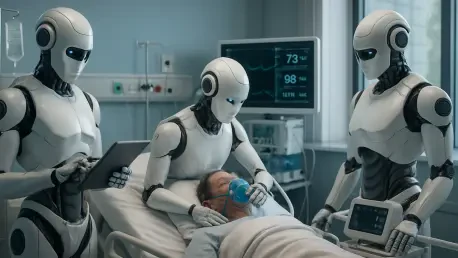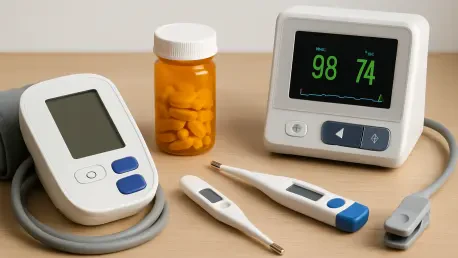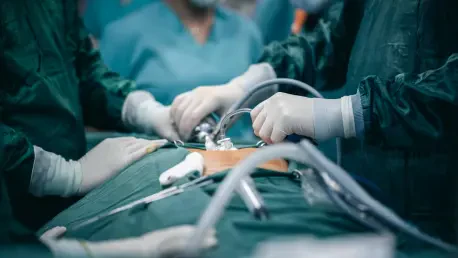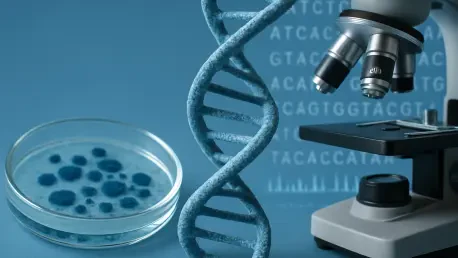
The subtle, steady hum of an autonomous surgical arm making an incision with microscopic precision is no longer the stuff of science fiction; it is a tangible reality reshaping industries at their core. A profound and accelerating convergence of artificial intelligence and robotics is ushering in a

The All India Institute of Medical Sciences in Delhi has unveiled a revolutionary night shelter program, fundamentally reshaping the patient experience for countless individuals and their families who travel from across the country seeking specialized medical care. This pioneering initiative, born

The successful outcome of a medical procedure often hinges on the flawless performance of devices that patients and clinicians take for granted, from a simple syringe to a complex, life-sustaining implant. When these devices function as intended, they are marvels of modern engineering, but a

A developer's proposal to replace a crucial 1,000-space park and ride facility with a data center has ignited a firestorm of controversy, raising fears that the University Hospital of Wales (UHW), the nation's largest hospital, could be pushed into a state of operational paralysis. The Cardiff East

The prevailing narrative, fueled by science fiction and sensational headlines, has long painted a future where autonomous robots methodically replace the skilled hands of human surgeons in the operating room. This vision, however, fundamentally misinterprets the true trajectory of surgical

The genomics revolution, which promised to unlock the secrets of biology at an unprecedented speed, has encountered a significant and unexpected traffic jam that has slowed progress in labs around the world. While the cost and time required for DNA sequencing have plummeted dramatically, the